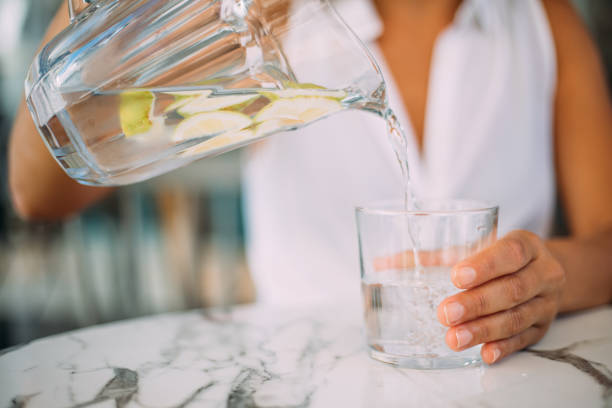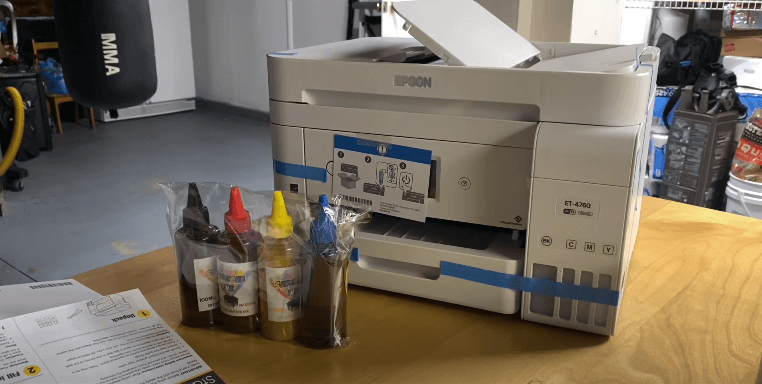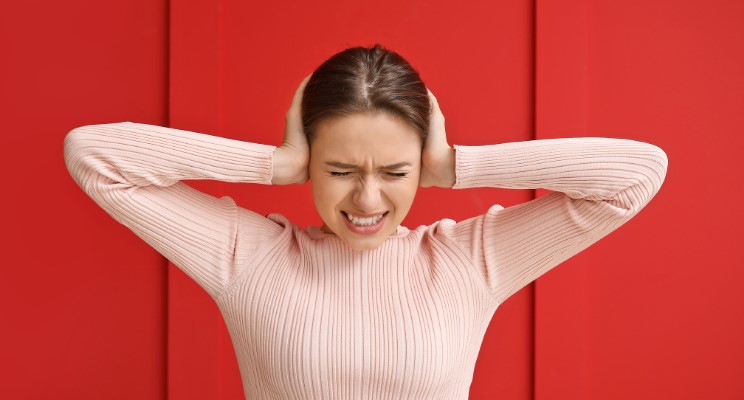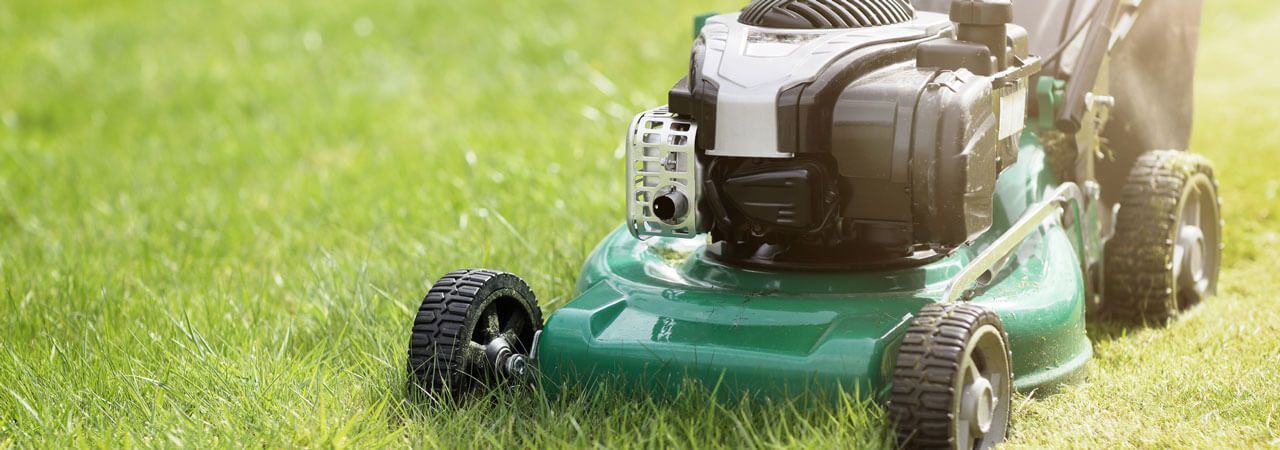
In recent years, there has been a growing trend towards healthier lifestyle choices, including the way we consume water. One practice that has gained attention is drinking water from glass bottles. Proponents claim that using glass bottles for water consumption offers various health benefits, while skeptics argue that the benefits might be exaggerated or even mythical. In this article, we will delve into the realm of glass bottle hydration to determine whether it is truly a healthier choice or just a well-marketed myth.
The Health Benefits of Glass Bottles:
- Preserving Purity: Glass is inert and non-reactive, making it an excellent choice for containing liquids, including water. Unlike plastic containers, glass does not leach any harmful chemicals or unwanted flavors into the water, ensuring the purity and taste of the water remain unaltered.
- Environmental Friendliness: One undeniable advantage of glass bottles is their eco-friendliness. Glass is highly recyclable and does not contribute to plastic pollution, which has become a major concern for the environment. By choosing glass bottles, individuals can significantly reduce their carbon footprint and contribute to a healthier planet.
- Temperature Stability: Glass has the ability to maintain the temperature of its contents for a longer period compared to plastic containers. This property is particularly beneficial when storing hot or cold beverages. It prevents temperature-related chemical changes that might occur in plastic bottles, ensuring the integrity of the water.
Examining the Myths:
- Myth of Superior Hydration: Some proponents of glass bottle usage claim that water stored in glass bottles is somehow "healthier" than water stored in other materials. While it is true that glass does not introduce any contaminants into the water, it's important to note that the health benefits are primarily tied to the water quality itself, not the container it is stored in. Clean, filtered water will be just as healthy whether it's stored in glass, plastic, or another material.
- Perception of Elegance and Purity: Glass bottles are often associated with luxury and elegance, which can lead to the perception that water from a glass bottle is somehow purer or healthier. This psychological factor is not backed by scientific evidence. Drinking water is beneficial for health, regardless of the container it comes from.
- Myth of Alkaline Water: Some individuals believe that water stored in glass bottles becomes more alkaline, which is considered healthier for the body. However, the pH level of water is not significantly influenced by the container it's stored in. The body's internal pH is tightly regulated, and consuming alkaline water does not necessarily have significant health effects.
The Bottom Line:
Choosing to drink water from glass bottles certainly has its merits, especially in terms of environmental impact and maintaining water purity. However, it's important to dispel the notion that water from glass bottles is inherently healthier or offers remarkable benefits beyond those associated with proper hydration.The primary focus should always be on the quality of the water you consume. Regular water intake, regardless of the container, plays a vital role in maintaining overall health and well-being. Opting for glass bottles can be a conscious choice for environmental reasons and to avoid potential chemical leaching from plastic, but it doesn't inherently make the water within them more beneficial for your health.
In the end, the quest for a healthier lifestyle should encompass a holistic approach that includes a balanced diet, regular exercise, and proper hydration. While drinking water from glass bottles may not be a magical solution, it can undoubtedly contribute positively to both individual health and the health of the planet.




